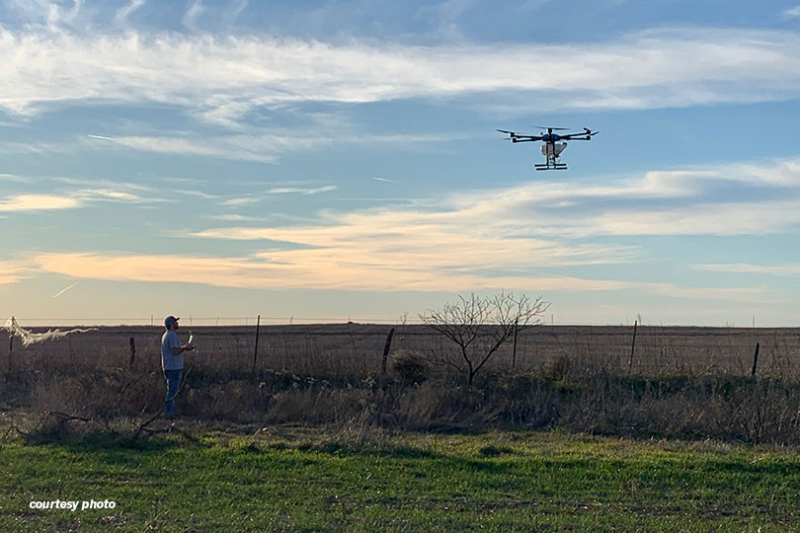By Julie Tomascik
Editor
Precision agriculture, including artificial intelligence (AI), was the topic of a recent U.S. Senate Ag Committee hearing earlier this month.
Published reports point to about 200 AI-based agricultural startups in the U.S., and spending is estimated to grow from $1 billion in 2020 to $4 billion in 2026 on AI solutions in agriculture.
Advancing these technologies for agriculture, however, requires broadband access and the need for those who are knowledgeable with AI applications.
“We have the need for additional experts who are actually going to help develop these AI related applications to agriculture and to other sectors, and we are in relatively short supply of those people,” Dakota State University President José-Marie Griffiths said. “We need to encourage more people to go into STEM.”
The high costs and a lack of internet access in rural areas are major barriers to adoption. But there are ways lawmakers could help incentivize investments in precision agriculture.
Dr. Jahmy Hindman, John Deere senior vice president and chief technology officer, touted the Precision Ag Loan Act that would provide loans to farmers for precision agriculture technology.
But artificial intelligence could make systems more vulnerable to cyberattacks and risk the confidentiality of intellectual property, Griffiths said.
“There are crucial steps that academia in partnership with industry and federal agencies can take to ensure the safe, responsible and effective use of AI,” she said.
Artificial intelligence can help farmers and ranchers with decision making, allowing them to make adjustments in real time with the help of the technology.
Crop and soil monitoring, livestock health monitoring, aerial survey imaging, produce grading and sorting are just a few of the advances that AI provides for agriculture.
But farmers and ranchers want to know how their data from AI applications will be used, and safeguards are needed to protect data privacy.
“There’s a really important role for the government to play in setting up guardrails,” U.S. Senate Ag Chairwoman Debbie Stabenow told reporters after the hearing.
Click here to watch a video of the hearing.

